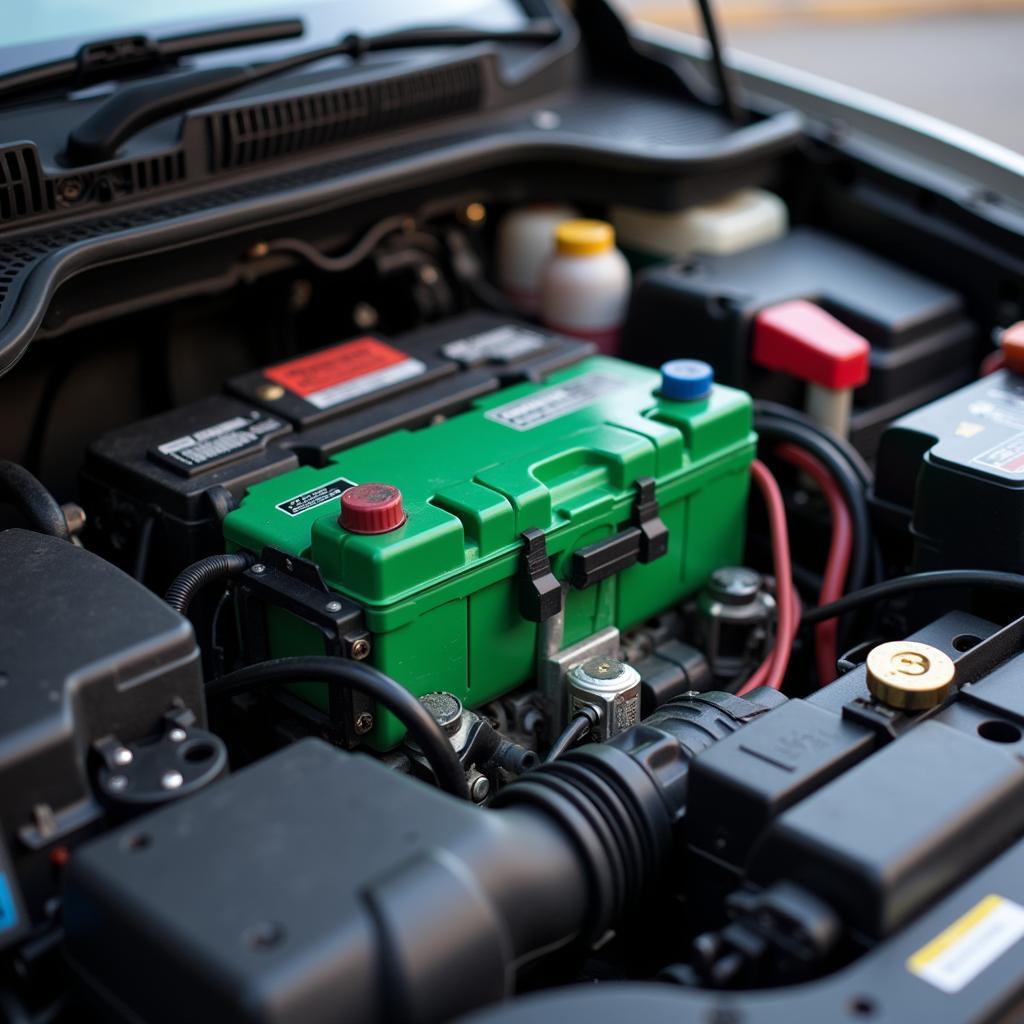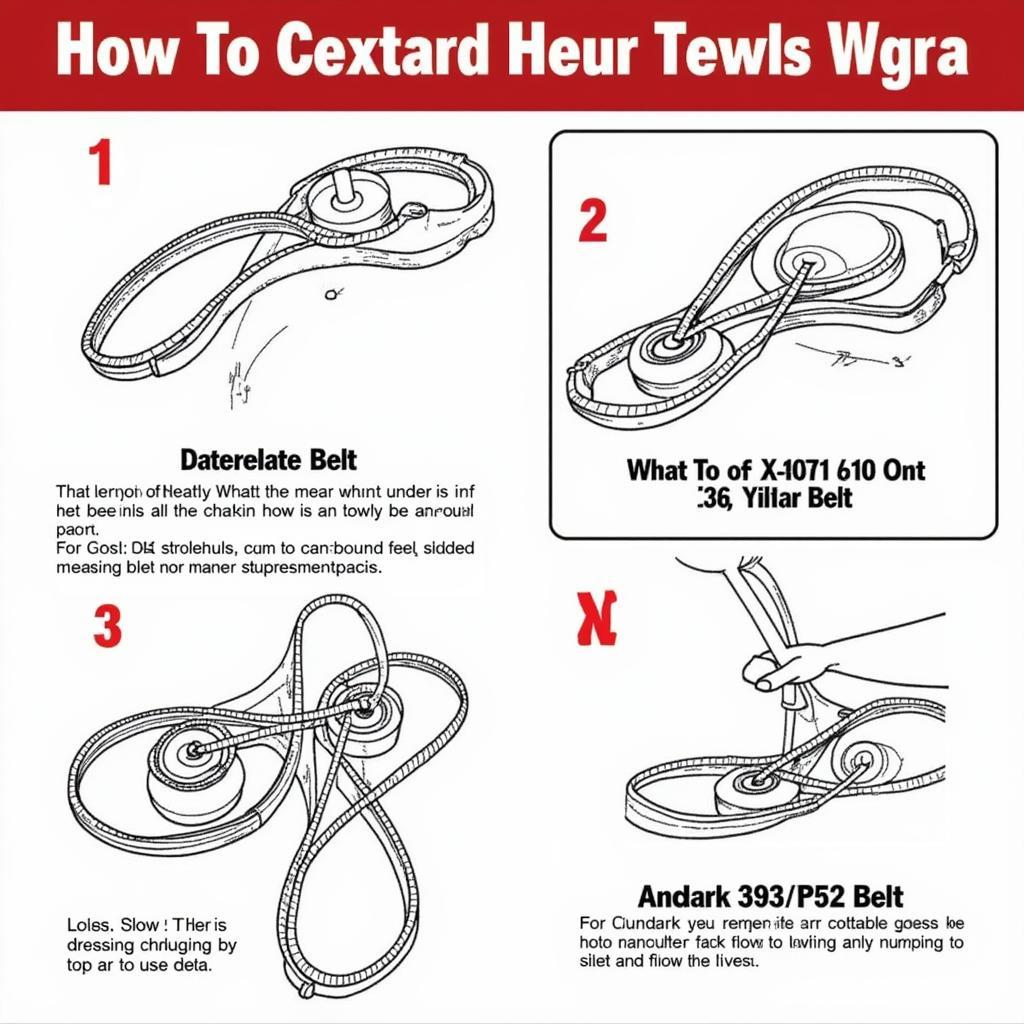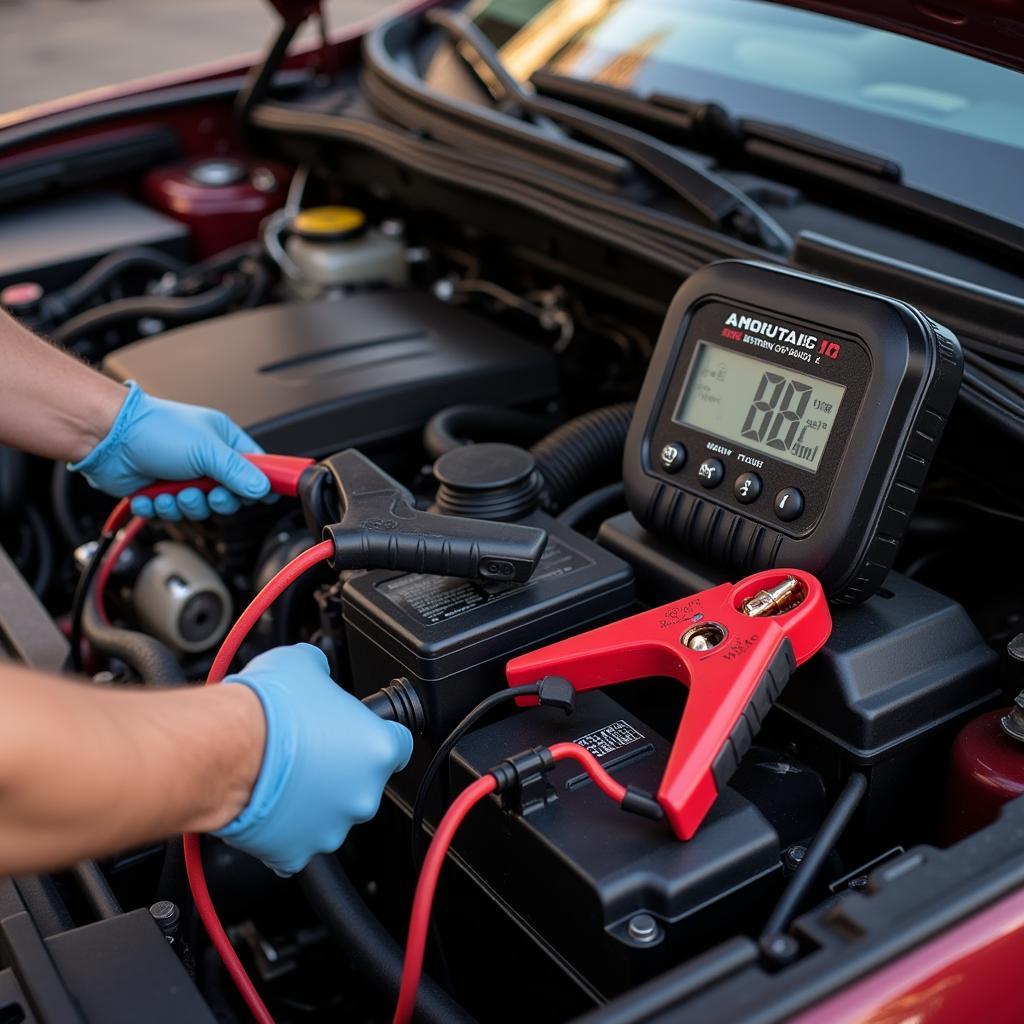When considering a hybrid vehicle, you’ll likely weigh the benefits of fuel efficiency against the potential costs. One common question is: Are Hybrid Car Maintenance Costs Higher? While hybrids do require specialized components, understanding the long-term maintenance picture can clarify the financial implications of owning one.
Breaking Down Hybrid Car Maintenance
Although hybrids share many components with traditional gasoline vehicles, their unique systems can influence maintenance expenses. Let’s delve into specific areas:
1. Battery: The Heart of the Hybrid System
 Hybrid car battery pack
Hybrid car battery pack
The high-voltage battery is fundamental to a hybrid’s operation, and its replacement cost is a significant factor. However, most manufacturers offer warranties ranging from 8 years/100,000 miles to even lifetime coverage on the battery pack.
Expert Insight: “Hybrid battery technology has significantly advanced, leading to improved lifespan and reliability. With robust warranties, the concern over battery replacement costs has diminished considerably,” says Emily Carter, Senior Automotive Engineer at GreenTech Auto Solutions.
2. Braking System: Regenerative Braking Advantage
Hybrids utilize regenerative braking, where the electric motor acts as a generator during deceleration, converting kinetic energy back into electricity to recharge the battery. This process reduces wear and tear on traditional brake pads and rotors, potentially extending their lifespan.
3. Engine Maintenance: Reduced Strain, Extended Life?
The electric motor in a hybrid assists the gasoline engine, reducing its workload and potentially extending its lifespan. This can translate to fewer oil changes, spark plug replacements, and overall engine wear.
4. Other Maintenance Considerations
While hybrids often experience reduced maintenance in key areas, routine servicing like tire rotations, fluid checks, and air filter replacements remain consistent with gasoline vehicles.
Comparing Hybrid vs. Gasoline Car Maintenance Costs
Providing a direct cost comparison can be challenging due to varying factors such as vehicle model, driving conditions, and maintenance schedules. However, studies indicate that hybrids generally have lower maintenance costs compared to their gasoline counterparts over the long term.
Expert Insight: “While initial purchase price can be higher for hybrids, factoring in potential fuel savings and reduced maintenance expenses over the vehicle’s lifespan often paints a more cost-effective picture,” notes Mark Johnson, Lead Mechanic at Eco Auto Repair.
Tips for Minimizing Hybrid Car Maintenance Costs
- Adhere to the Manufacturer’s Recommended Maintenance Schedule: Regular checkups can identify potential issues early on, preventing costly repairs down the line.
- Understand Your Hybrid’s Unique Features: Familiarize yourself with the regenerative braking system and other hybrid-specific components to optimize their performance and lifespan.
- Choose a Qualified Mechanic: Opt for technicians experienced in servicing hybrid vehicles to ensure proper maintenance and repairs.
Conclusion
The question of whether hybrid car maintenance costs are higher isn’t a simple yes or no answer. While hybrids do possess unique components that require specialized care, factors like extended battery warranties, regenerative braking advantages, and potentially reduced engine wear contribute to a balanced perspective. By understanding the nuances of hybrid maintenance and following recommended practices, you can make an informed decision about whether the benefits of hybrid ownership align with your budget and driving needs.
Need expert advice on hybrid car maintenance? Connect with us at AutoTipPro: +1 (641) 206-8880 or visit our office at 500 N St Mary’s St, San Antonio, TX 78205, United States.
FAQs
1. How often do hybrid batteries need to be replaced?
Hybrid batteries are designed to last for a significant portion of the vehicle’s lifespan, typically 8-10 years or more. Many manufacturers offer extensive warranties on hybrid batteries, providing peace of mind to owners.
2. Are brake jobs cheaper on hybrid cars?
Regenerative braking in hybrids reduces wear and tear on traditional brakes, potentially extending the life of brake pads and rotors. This can lead to less frequent brake jobs and lower overall braking system maintenance costs.
3. Do hybrid cars require special oil or fluids?
Hybrids generally use the same types of fluids as gasoline vehicles. However, it’s crucial to refer to the owner’s manual for the manufacturer’s recommended fluids and maintenance schedule.
4. Can I service my hybrid car at any mechanic shop?
While general maintenance tasks can be performed at most repair shops, it’s advisable to seek out mechanics with experience in servicing hybrid vehicles for more specialized repairs or maintenance related to the hybrid system.
5. Are there any government incentives for hybrid car maintenance?
Government incentives for hybrid vehicle maintenance vary by location. It’s recommended to check with local and national authorities for any available programs or tax credits related to hybrid car ownership and upkeep.






Leave a Reply